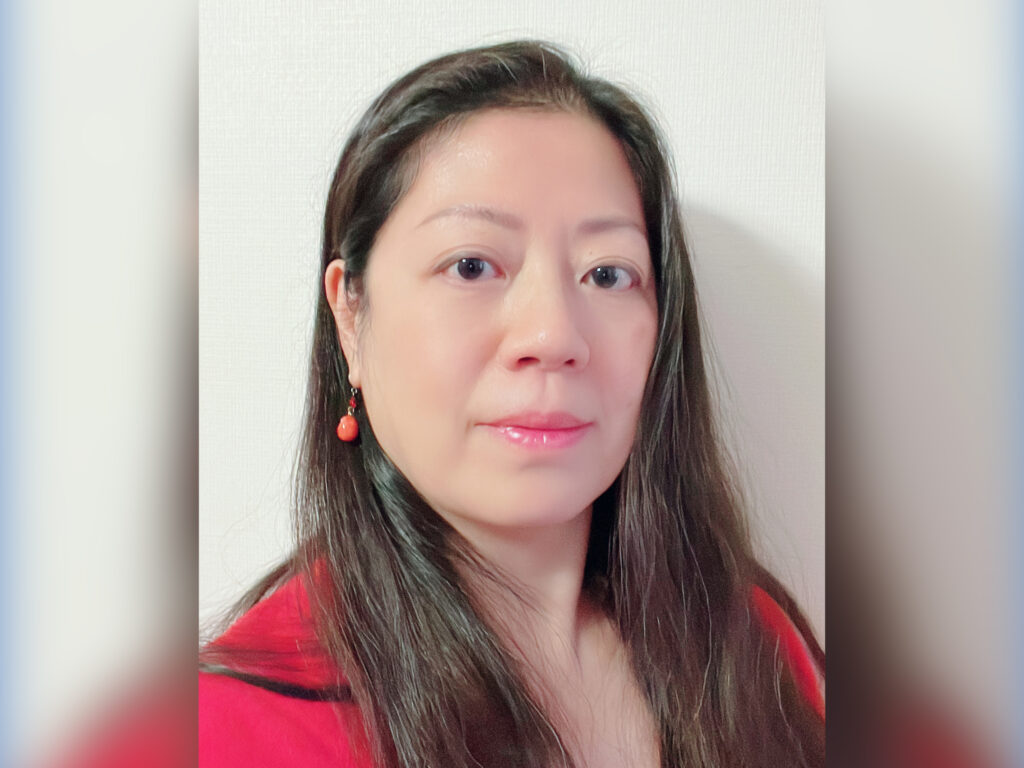This year, I’ve been teaching elementary Japanese at the University of California, Berkeley. I’ve been both surprised and encouraged by the large enrollment and the enthusiasm of the students for language learning. I thought of Yokohama native and veteran educator Ms. Izumi at our long-time sponsor YIEA, and decided to seek her thoughts about language learning today.
In this age of machine learning and machine/AI translation, why do you think it is still important to learn a language?
Though machine/AI translations have become much more natural now, there are still some nuances that they cannot translate fully. For example, I often find mistakes in the subtitles of movies. Language coexists with culture and if you want to understand other cultures, you first need to understand the language. People say that once you learn a language, your world also expands. I think that’s very true.
Do you use any sort of new technology in the classroom? (ipads for practicing kanji, computer-based learning, etc)
Writing by hand is the most practical way of remembering things, so I always emphasize “Handwriting, Handwriting, Handwriting!” with my students. In the classroom, we use digital blackboards and smart TVs. Information regarding further education and the like is posted online.
Machine/AI translations have become rather good; what do you think machine/AI translation will continue to struggle with regarding Japanese?
Indeed. I think machine/AI translations can translate simple sentences without any problems. However, it will still take them a while to learn Japanese as it’s known to be a context-sensitive language.
More people use things like YouTube and podcasts to learn Japanese; why do you think language learning in a classroom is still important?
The classroom is the best place to learn language systematically and efficiently. There’s a difference in what you absorb when learning things face to face and virtually. It’s not only when you are learning Japanese. I think there’s merit to learning in person in general. During the pandemic, many workshops/classes went online. However, lots of people came back to in-person classes after restrictions were dropped. There must be a reason for it.
It’s interesting that language evolves (especially slang), just like technology. What are some interesting examples of new/recent slang?
There’s a phenomenon where people start using words that were only used in SNS and online in real life conversations. For example a sobbing face emoji has become the word “pien” (crying sound) and it’s now used in normal conversations. People also say “kusa” (grass) to refer to laughing (because in Japanese ‘wwwww’ is short for “warau”–to laugh and looks like grass) and “ri” for short for “ryokai shimashita” (“I got it”). What’s unique about this phenomenon is that these words are not only used online but also used in real life. Furthermore, there’s a trend of adding “mi” at the very end of words to use it as a noun. They include “ureshi-mi” (happiness), “yaba-mi” (awesomeness), and “wakari-mi” (empathy). We don’t know if it’s a temporary trend or something beyond that yet.
A rule of linguistics is that languages simplify over time (classical Japanese is much more complex than modern). Can you think of any recent examples of Japanese becoming simpler or more streamlined?
In recent years we’ve seen many cases of “words without ra (ら)”. The word “taberareru” (“can eat”) became “tabereru”, “mirareru” (“can see”) became “mireru” and so on. At first, it was only a few words that the rule was applied to, but now we see many words with the same rule. What’s scary is that publications are also not correcting the mistakes nowadays.


